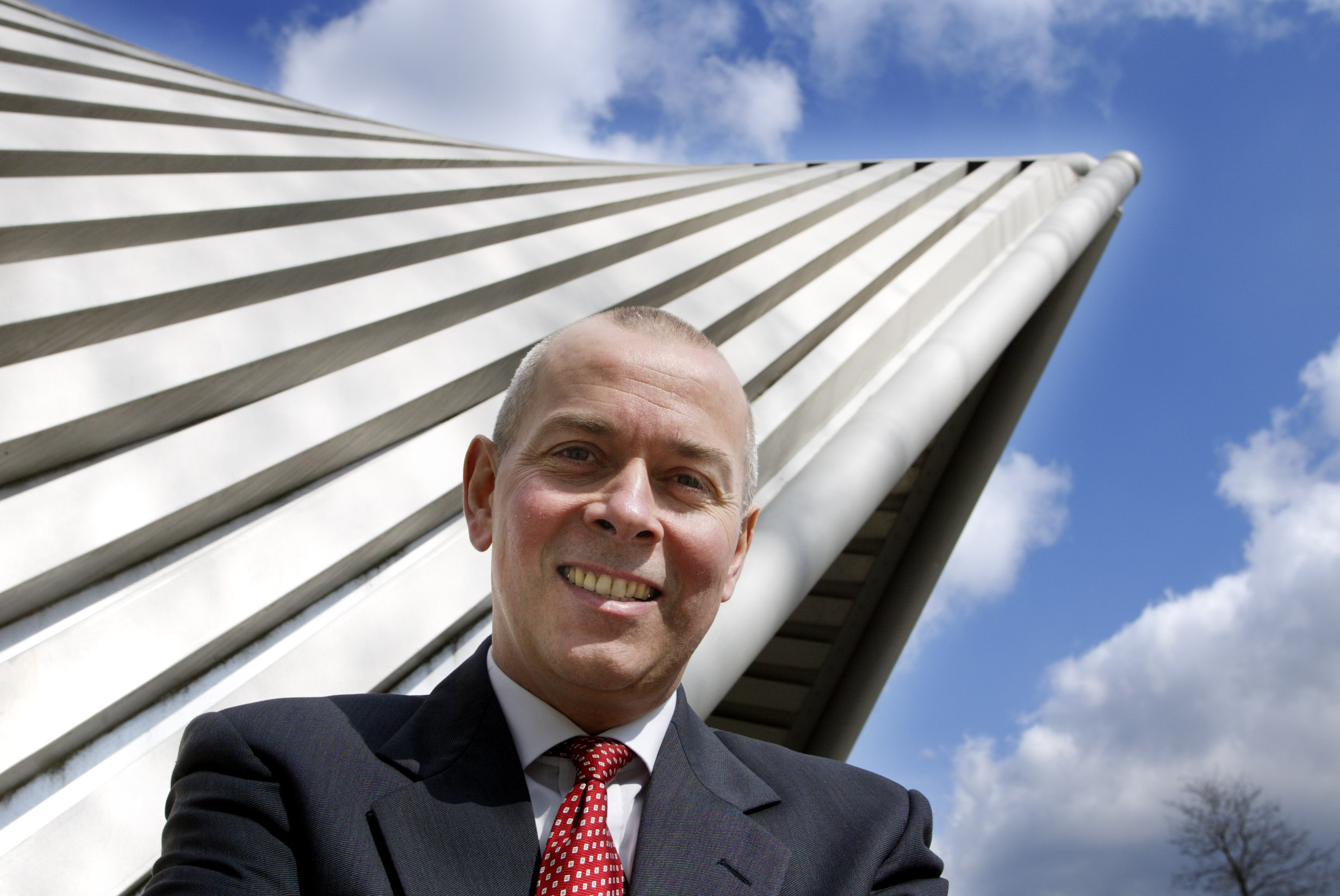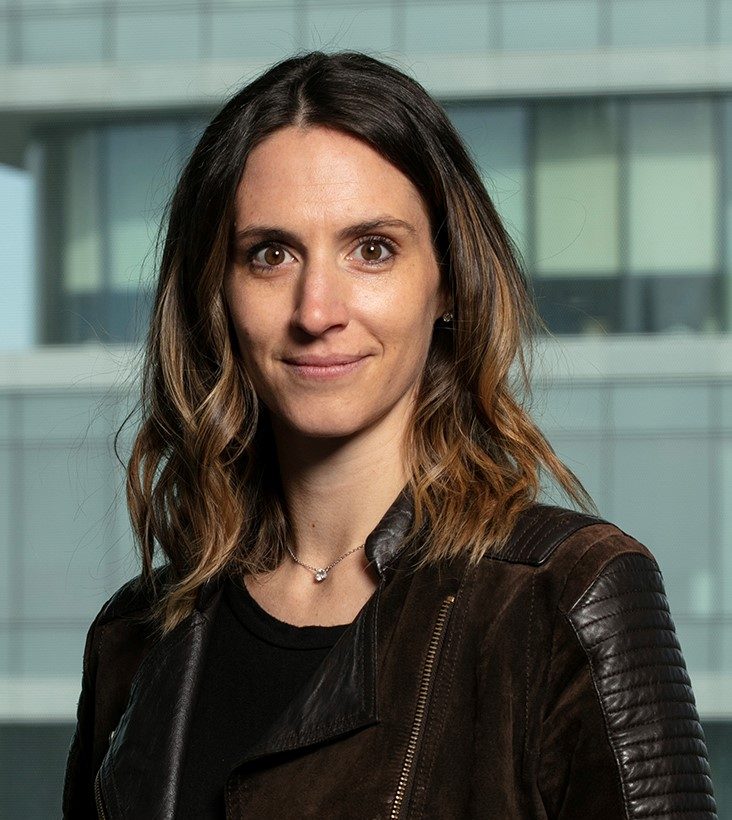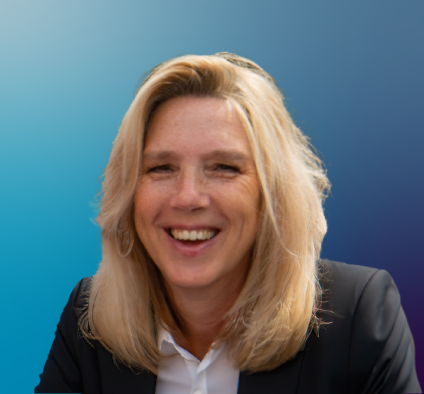Overview
– How much agency should we entrust to algorithms?
– When do we engage autopilot, and when do we take back control?
– How do we balance efficiency and authenticity, automation and accountability?
We are living in an age of hyper-automation, where decisions once made by humans are increasingly delegated to intelligent systems. AI is no longer a futuristic buzzword, it’s becoming a cornerstone of modern business. As organizations adopt AI-driven tools, we must examine its impact on trust, control, and the essence of decision-making.
Why This Matters Now
– Are some decisions too important to leave to machines?
– How do we balance machine reasoning with human judgment?
– What does an Agentic Augmented Organization look like?
The rise of AI mirrors historic transformations during industrialization, reshaping power dynamics between individuals, organizations, and communities. Today, we face similar stakes as AI systems grow smarter, faster, and more pervasive. This isn’t just about technology—it’s about preserving humanity and maintaining meaningful human connections in a world increasingly dominated by automation.
State of the Art sessions
To RPA, or Not to RPA: Agentic AI and the Next Wave of Automation
Bot scripts still click buttons, but agentic AI weighs options, argues constructively, and fixes ugly edge cases RPA can’t handle. In this rapid-fire showdown we mapped where old-school RPA still shines and where autonomous agents crush it on cost, speed, and resilience. Attendees watched an agent swarm run through a real-world scenario—policy checks, exception handling, ethics rules—with minimal human intervention. They left with a simple decision matrix and guardrails for swapping brittle bots with self-directed doers when it really matters.
Inside the Agentic Squad: Humans x AI Teaming
Code reviews at 2 a.m.? Your AI teammate already handled them—and filed the Jira tickets. In this session, we stepped into an agentic squad where product owners, engineers, and autonomous agents planned, coded, tested, and deployed side-by-side. We demoed how bots mine backlogs for hidden dependencies, refactored legacy services to cloud-native, and guardrailed every merge with self-tuning quality gates. Attendees explored battle-tested patterns for spinning up AI-augmented feature teams, measuring uplift, and keeping human creativity in the driver’s seat while the agents ground through the grunt work.
Lessons From Gen AI Adoption at Scale
Why do some teams reach production in weeks while others abandon after months of pilots? What separates organizations that find sustainable value from those stuck in endless experimentation? After implementing Gen AI across multiple organizations, patterns emerged about what actually determines success—and it’s not all about the technology. We shared the engineering reality behind consistent outputs, the threshold that predicts value, and why human roles transform in unexpected ways.
Speakers

Andrew Keen

Autopilot yes/no

James McQuivey


Marco Schmid

AI Jesus

Patrick Morely

Professor at the Universities of Applied Sciences Leiden, the Netherlands
Throughout his career he has been involved in technology innovation primarily around ICT and new strategy development and implementation.
He is a long serving member of the advisory commission of Sogeti and a frequent advisor to Industry and Government on issues related to information technology, telecom and innovation strategy. Since 2012 Patrick has been a lecturer in the Universities of Applied Sciences in Leiden and Delft teaching: Computer Science, Statistics, Logic and Sensor Technology.

Ray Wang

R “Ray” Wang is the CEO of Silicon Valley based Constellation Research Inc., He co-hosts DisrupTV, a weekly enterprise tech and leadership webcast that averages 50,000 views per episode and blogs at www.raywang.org. Ray is an expert on AI, Web3, and software. His ground-breaking best-selling book on digital transformation, Disrupting Digital Business, was published by Harvard Business Review Press in 2015. Ray’s recent best selling book Everybody Wants to Rule The World was released in 2021. Wang is frequently quoted and interviewed by media outlets such as the Wall Street Journal, BBC, Fox Business, CNBC, Yahoo Finance, and Bloomberg.

Sander Duivestein

Senior Analyst

Thijs Pepping

Tech-Philosopher

Dr Franziska Kohlt

AI Lessons from the history of Automata

Joost Fledderus

Autopilot in Life Sciences Research

Moran Cerf

Professor of neuroscience and business (Columbia University)
In his recent work, he helps leaders (namely, the U.S. government) implement key lessons from decision science and neuroscience in critical choices (i.e., the nuclear launch protocols).
Prior, Prof. Cerf’s main work involved studying patients implanted with neural devices during brain surgery to decode decisions and dreams. His work gave rise to some contemporary advances in neuroscience and applications (i.e., advances in brain-machine interfaces).
Cerf spent a decade working in the Israeli cybersecurity space as a hacker and had an extensive career in the tech industry.

Patrick Naef

Managing Partner at Boyden Executive Search & founder and CEO of ITvisor GmbH

Sally Epstein

Chief Innovation Officer
Sally is a renowned innovation expert, leveraging her extensive deep tech knowledge to create transformative solutions. With a robust background in AI and deep tech, she has successfully led Cambridge Consultants’ deep tech incubator, driving investments in quantum technologies, human-machine understanding, and photonics.
Sally is committed to pioneering new methodologies and advocating for talent diversity while steering strategic technology investments. Her vision is to utilize cutting-edge technologies to address complex global challenges and foster a sustainable future.
She holds a Mathematics degree from Oxford University and a PhD from King’s College London.

Sandra Matz

If you have any questions, please contact

Margo Langeweg
Executive Event Planner, Sogeti
Phone: +31622546440

















